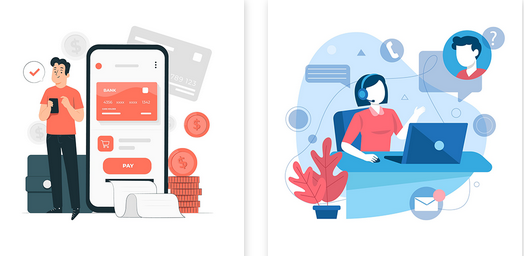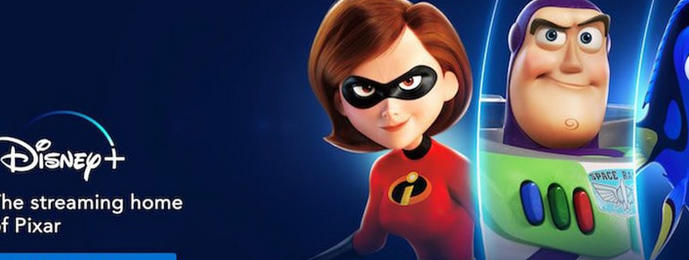Parents do surely take their children’s health very seriously, and rightly so. Yet, when it comes to their eyesight, many parents are pretty unaware of the importance of regular eye examinations. You always tell your kids to go see the doctor if they have a fever or something that hurts – but what about their vision? Dr David Stager will discuss the importance of regular eye checkups for kids.
How Often Should A Child Get An Eye Examination?
It’s highly important to get your child’s eyes examined right before they start school. This is because the first few years of his or her life are a critical time for vision development.
And if there are any problems with their vision, then they’ll need to be diagnosed visually as early as possible. A good rule of thumb is to get your child an eye examination every six months between ages 2 and 18 years old.
That way, if there are any issues with your child’s eyesight or their prescription changes (which can happen quite frequently), then you’ll know about it before they start falling behind at school or struggling with homework assignments.
What Are The Risk Factors For Eye Problems In Children?
• Children diagnosed with Down syndrome, cerebral palsy, or any similar condition
• If you or your child have a family history of eye disease
• If you notice any changes in vision or unusual behavior
What Are Some Common Symptoms Of Vision Problems In Kids?
There are a number of signs to look out for if you suspect your child may have an eye problem. These include headaches, blurred vision, eye pain, seeing double (diplopia), and seeing halos around lights (photopsia).
So in case you notice any of these eye symptoms, then it’s important to see your child’s eye doctor as soon as possible, so they can immediately determine the cause, as well as make any necessary adjustments to their glasses or contact lenses.




Thanks for another magnificent article. The place else may just anyone get that type of info in such a perfect way of writing? I’ve a presentation next week, and I’m on the search for such information.
Wow, superb blog layout! How long have you been blogging for? you make blogging look easy. The overall look of your website is magnificent, as well as the content!
Great awesome things here. I?¦m very happy to see your article. Thanks so much and i’m looking ahead to touch you. Will you kindly drop me a mail?
I’m still learning from you, while I’m improving myself. I definitely enjoy reading all that is posted on your blog.Keep the stories coming. I liked it!
I believe this internet site has got some very fantastic info for everyone. “I have learned to use the word ‘impossible’ with the greatest caution.” by Wernher von Braun.
I loved as much as you will receive carried out right here. The sketch is tasteful, your authored subject matter stylish. nonetheless, you command get bought an shakiness over that you wish be delivering the following. unwell unquestionably come further formerly again since exactly the same nearly a lot often inside case you shield this hike.